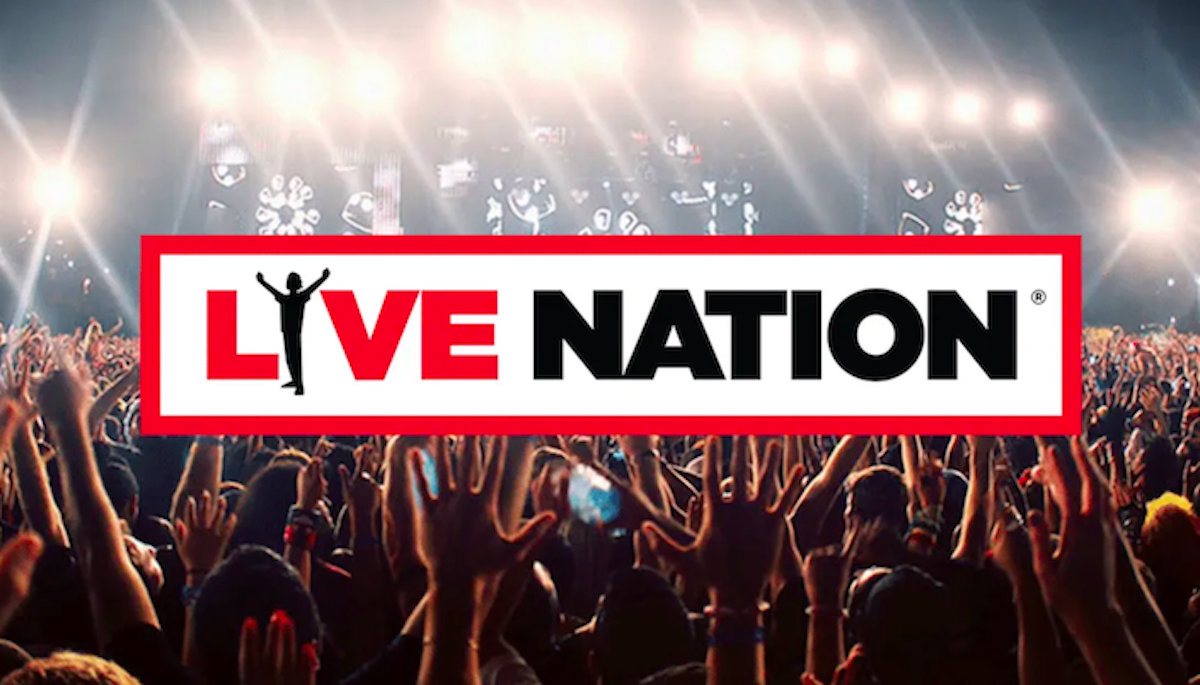The Association of Independent Festivals (AIF) has drawn a hard line: it wants Live Nation broken up. The world’s biggest live entertainment company - owner of Ticketmaster, 250+ venues, and the lion’s share of the touring ecosystem - is facing scrutiny on both sides of the Atlantic. UK lawmakers have heard evidence that Live Nation controls 66.4% of the live music ticketing market; in the US, the DOJ alleges it controls at least 80% of primary ticketing for major venues.
This is a cultural access issue. When one company dictates how fans, artists, promoters, and venues interact, the risks of inflated pricing, reduced competition, and shrinking cultural diversity escalate.
📊 Supporting Stats
200 UK festivals have disappeared since 2019 (AIF, 2025), citing financial pressure and market distortion.
$3.7 billion: resale fees Ticketmaster earned between 2019–2024 by facilitating broker resales (FTC lawsuit, 2025).
The average ticket price for a concert in 2024 was $72, compared to $120+ for major sporting events (Pollstar, Statista).
Dynamic pricing spikes saw Oasis reunion tickets jump by 200% in minutes, sparking regulatory complaints in the UK (CMA, 2025).
Live events remain crucial to culture: 59% of Gen Z in the UK say live music is their most valued entertainment spend (UK Music, 2024).
🧠 Decision: Does It Work?
For Live Nation, the model has been commercially bulletproof - scale has delivered dominance. But culturally and politically, the tide is turning. When the CEO publicly suggests tickets are “underpriced” while fans complain about paying £800+ for Beyoncé, the optics are disastrous.
From a brand strategy perspective, Live Nation has overplayed its hand. The balance between profit and public trust has tipped, inviting regulators, lawmakers, and the industry itself to unite against them. What once looked like unassailable dominance now looks like a liability.
📌 Key Takeouts
What happened: AIF called for Live Nation’s breakup, aligning with US lawsuits accusing the company of monopoly behaviour.
What worked for Live Nation: Market scale and control over both ticketing and venues built a global live music empire.
What’s breaking down: Public trust, fan goodwill, and political patience - the monopoly narrative is sticking.
Signal for the industry: Audiences demand fairer access and pricing transparency. Regulators smell blood.
🔮 What We Can Expect Next
Expect louder calls for antitrust action, both in the UK and US. Even if Live Nation avoids a formal breakup, pressure will likely force concessions: fairer resale rules, stricter broker crackdowns, and clearer ticket pricing.
For independent festivals and promoters, this could be a moment of opportunity - a shift back towards grassroots music culture and authentic fan-first experiences. But the risk of fan fatigue is real: if prices keep climbing and trust keeps eroding, live music could shift from being the heartbeat of youth culture to a luxury for the few.
The cultural question is no longer whether fans will pay - it’s whether they’ll stay.
